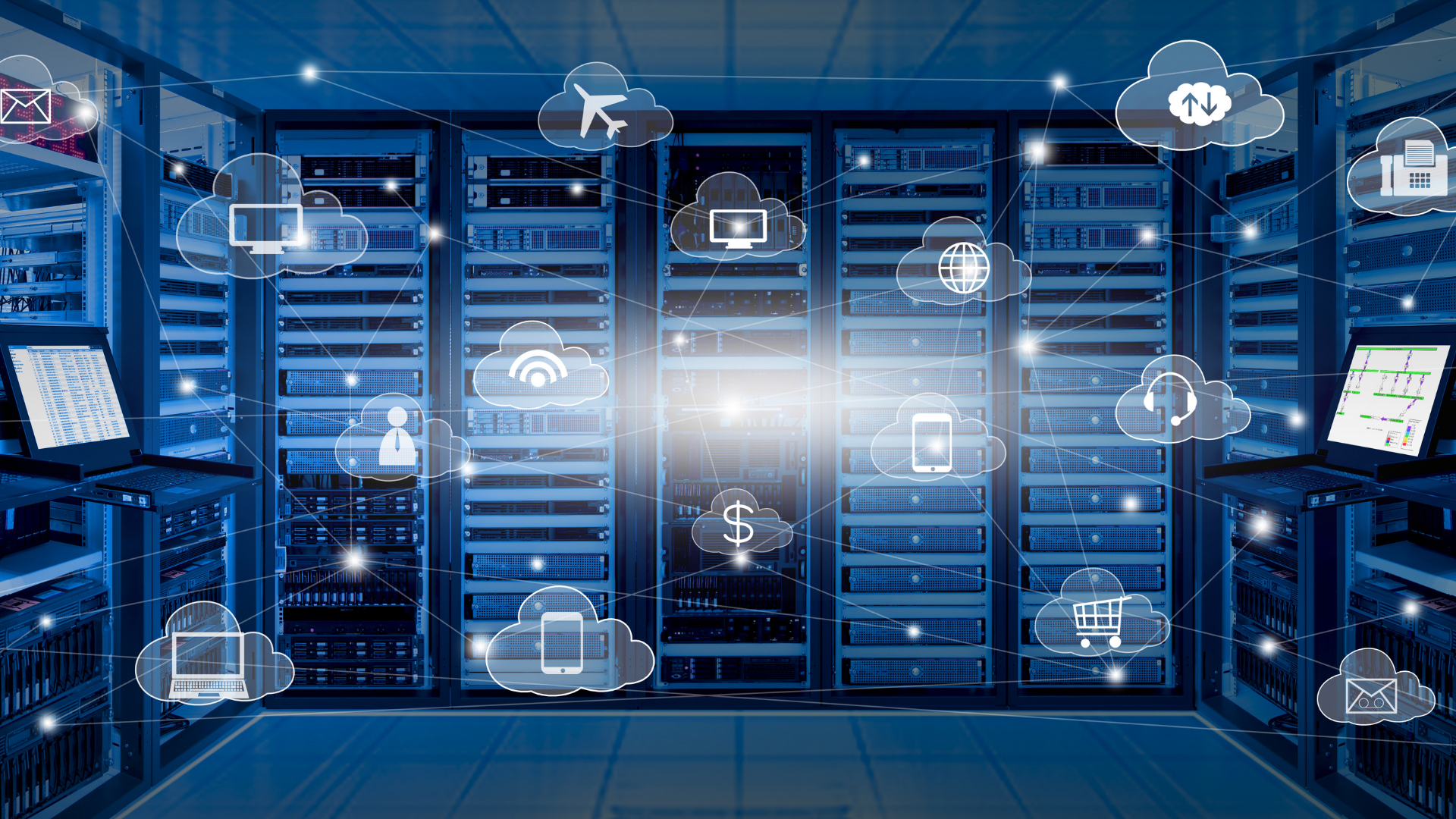What Can Cloud Computing Do & How Does it Work?
What is Cloud Computing?
Cloud computing is the on-demand delivery of IT resources via the Internet, with pay-as-you-go pricing. In simple words, rather than managing files and services on a local storage device, you’ll be doing the same over the internet in a more cost-efficient manner.
Instead of buying, owning, and maintaining physical data centers and services, you can access technology services such as computing power, storage, and databases on an as-needed basis from a cloud provider like Amazon Web Services (AWS).
Organizations of every type, size, and industry are using the cloud for a wide variety of use cases, such as data backup, disaster recovery, email, virtual desktops, software development, and testing, big data analytics, and customer-facing web applications.
With cloud computing, your business can become more agile, reduce costs, instantly scale and deploy globally in minutes. Cloud computing gives you instant access to a broad range of technologies, so you can innovate faster and build nearly anything you can imagine, from infrastructure services such as compute, storage, and databases to the Internet of things, machine learning, data analytics, and much more.
With cloud computing, you access resources from the cloud in real times as they’re needed, you can scale these resources up and down, to grow and or shrink capacity instantly as your business needs change.
On-Premises Systems VS Cloud Computing

- Scalability
You pay more for an on-premises setup and get lesser options. Once you’ve scaled up, it is difficult to scale down and often leads to heavy losses in terms of infrastructure and maintenance costs.
Cloud computing allows you to pay only for how much you use with much easier and faster provisions for scaling up or down.
- Server Storage
On-premises systems need a lot of space for their services, notwithstanding the power and maintenance hassles that come with them.
Cloud computing solutions are offered by cloud services providers who manage and maintain the serves, saving you both money and space.
- Data Security
On-premises systems offer less data security, thanks to a complicated combination of physical and traditional IT security measures.
Cloud computing systems offer much better security and let you avoid having to constantly monitor and manage security protocols.
- Data Loss
The chances for data recovery with on-premises setups are very small.
Cloud computing systems have robust disaster recovery measures in place to ensure faster and easier data recovery.
- Maintenance
On-premises system also requires additional teams for hardware and software maintenance loading up the costs by a considerable degree.
Cloud computing on the other hand is maintained by the cloud service providers, reducing your costs and resource allocation substantially.
The Deployment Model of Cloud Computing
- Public Cloud
In this case, the cloud infrastructure is available to the public over the Internet. These are owned by cloud service providers such as AWS.
- Private Cloud
With the private cloud, the cloud infrastructure is exclusively operated by a single organization. This can be managed by the organization or a third party.
- Hybrid Cloud
A hybrid cloud is a combination of the functionalities of both public and private clouds.
Since collaborating with AWS in 2012, Netvue Cloud has been able to provide more stable and secure data storage services, you can have access to your data globally.
Based on the strong protection from Netvue, here in Netvue Cloud, we provide the complete solution for its mobile Internet-connected smart hardware, with only a few clicks, you can connect your hardware devices to Netvue Cloud anytime and anywhere, enjoy the Smart Home-Security industry.
👀 Please feel free to follow Netvue or visit netvue.com if you are interested in learning more about the smart home industry with us!

